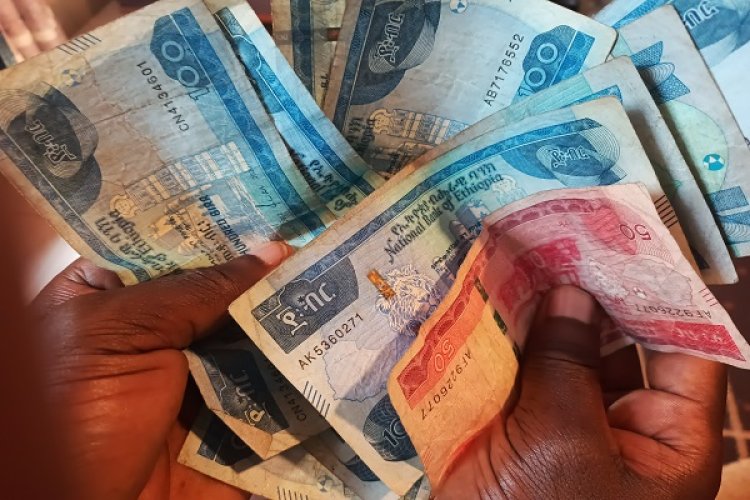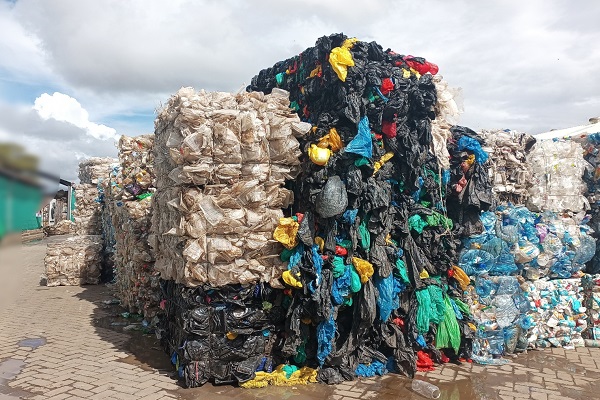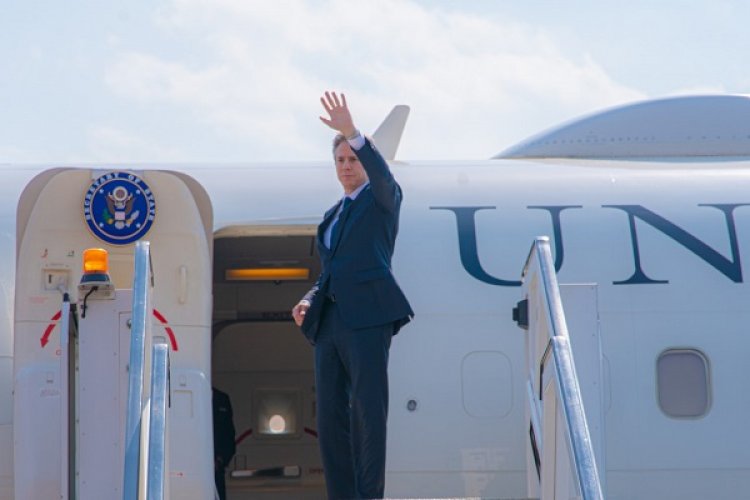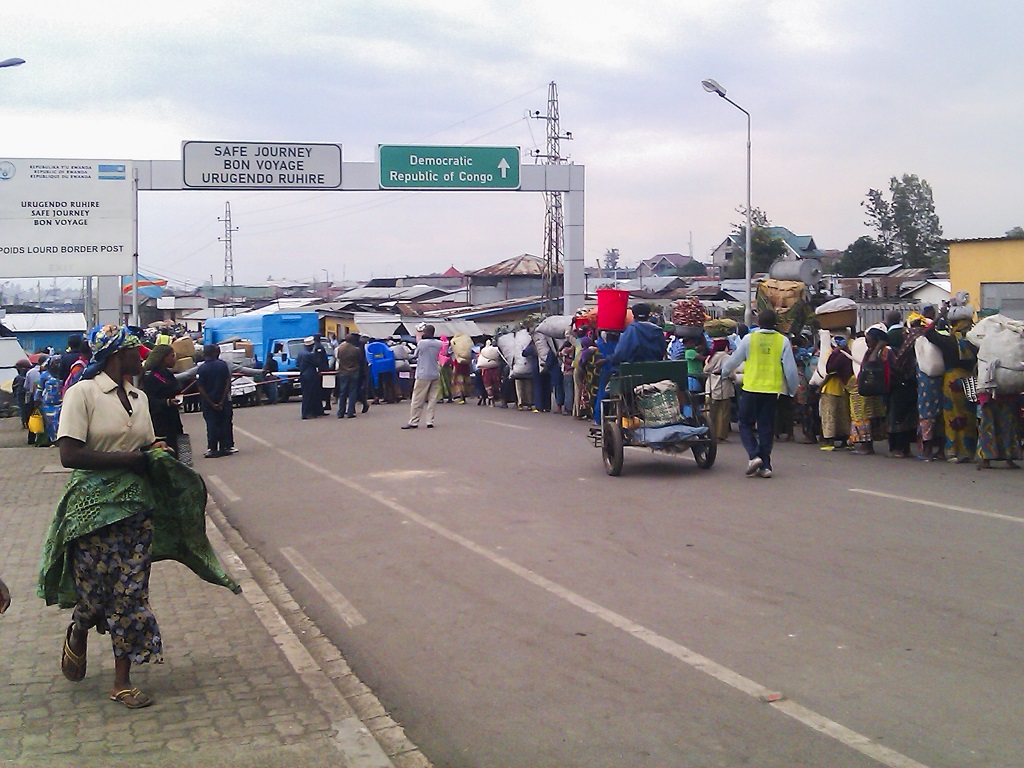The reason behind the choice of Addis Ababa’s Bole International Airport duty-free shops operators to not transact in Birr, the country’s national currency, still puzzles me to date.
They only accept payments in US dollar, and that tells a story of how shifts Africans, including Ethiopians themselves, make to be able to transact there inconvenience local consumers and benefit non-African markets.
The not so ingenious idea to conduct transactions in major foreign currencies such as US dollar, British Pound, Euro or the likes anywhere within Africa allows somebody out of the continent to collect a portion of the trade value that is generated through settlement/transfer charges.
It is bad for both national currencies and nations’ efforts to boost intra-continental trade.
In fact, on being told months ago by the Bole international airport’s duty free shops’ operators that I can’t transact in their country’s currency, I was unable to spend sums of Ethiopian Birr I had with me as I left the country.
These are monies that should be in circulation now, and I pray that Addis doesn’t change birr banknotes until I return to the country so I can be able to spend it.
Cross border traders and importers know better what it means to transact in third currencies, only that they non-verbally communicate to the rest of us, the consumers, through pricing of their products accordingly.
Consumers have borne the brunt of this for long and it has only been getting worse lately in view of the fall in value of local monies against major foreign currencies exacerbated by trade disruption induced by both the coronavirus pandemic and global geopolitics.
Also read: AfCFTA story good, but hard to sell without free movement
It was reassuring to learn about the imminent possibility to conduct intra-African trade payments in African national currencies when the Pan-African Payment and Settlement System (PAPSS) expands to all African nations.
Spearheaded by African Export-Import Bank (Afreximbank), the African Union Commission and the AfCFTA Secretariat, PAPSS has since the past few months enabled Nigerians to buy products from Ghana and pay in Naira. The Ghanaian sellers receive the payment in Cedi.
“Overtime PAPSS will spread across Africa. When that happens, we aim to save the continent at least $5 billion in transfer and settlement charges, while returning to our continent trades that are diverted to non-African markets due to use of third currencies to pay for intra-African trade,” Benedict Oramah, Afreximbank President told a continental-level conference last month at which this writer was in attendance.
Another puzzle now is one around inability to e-buy or sell from/to one another in respective countries and across borders despite regions registering strides in both mobile devices penetration and internet use.
One would argue that there is still a long way to go because the African continent still has the most severe network coverage gap with 47 per cent of the world’s uncovered population – an estimated 210 million people in 2020, according to GSMA, the global mobile phone operator lobby group.
But even in places where issues of access to the devices and internet connectivity have been solved it has not guaranteed that users frequent online market places or participate in e-commerce.
Official data suggest Africa’s share of global e-commerce transactions oscillated back and forth at levels below 2 per cent, and maintained upward trend in markets like Kenya, South Africa and Nigeria, among others.
A report published recently by the United Kingdom’s Department for International Trade which documented the rise of Africa’s digital economy, suggests that in light of challenges such as digital illiteracy and multitude of languages used in parts of the continent, among others, developers of online marketplaces are yet to think and act locally.
Also read: Costs, connectivity and illiteracy hold back Africa digital economy potential – REPORT
Content providers and anyone seeking to digitally sell anything from livestock, fertilizers, food, manufactured products and music to services can catch people’s attention only when they are able to meet unique demands of the local consumers, including the ability to modify content into the language they understand.









